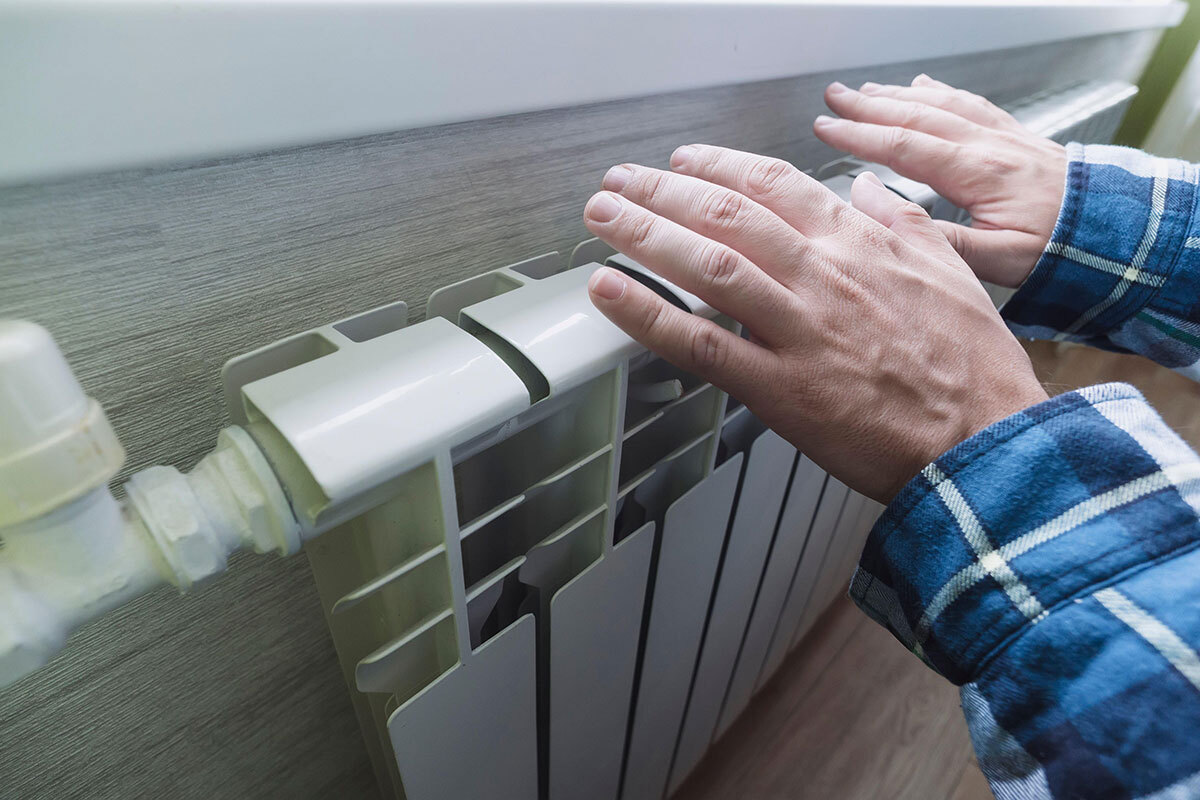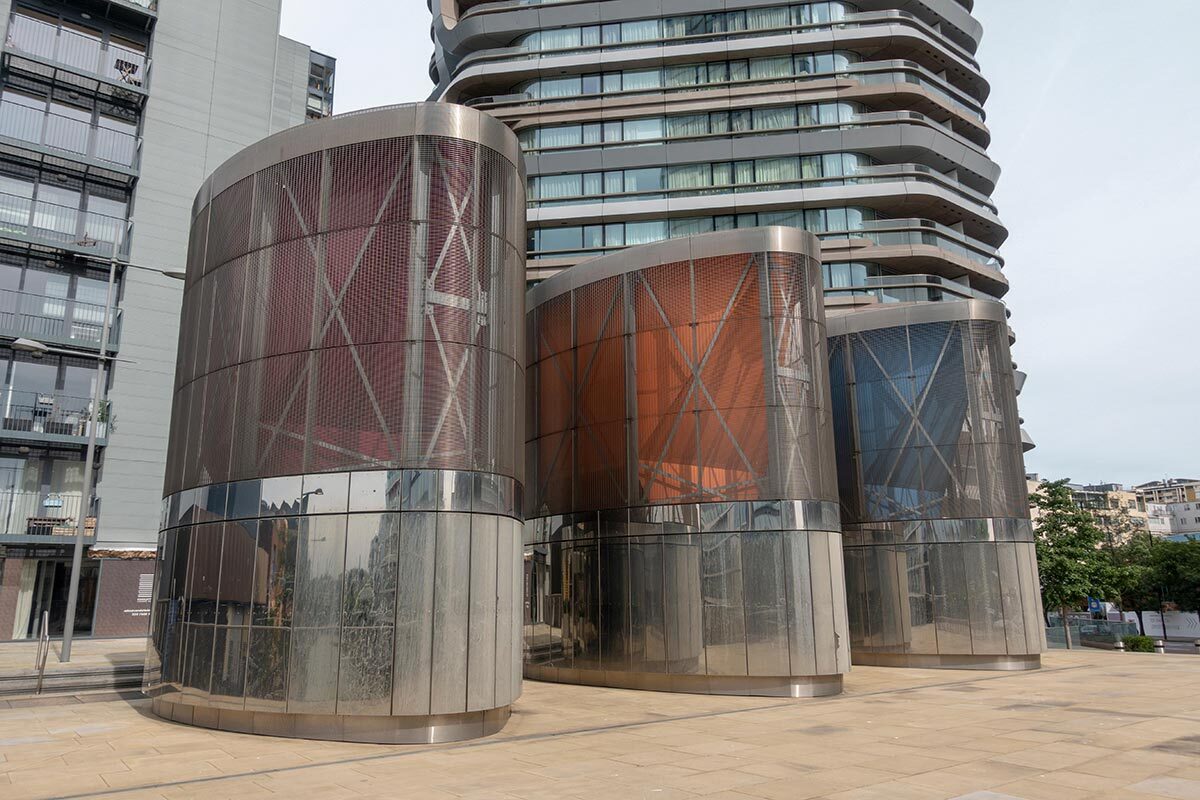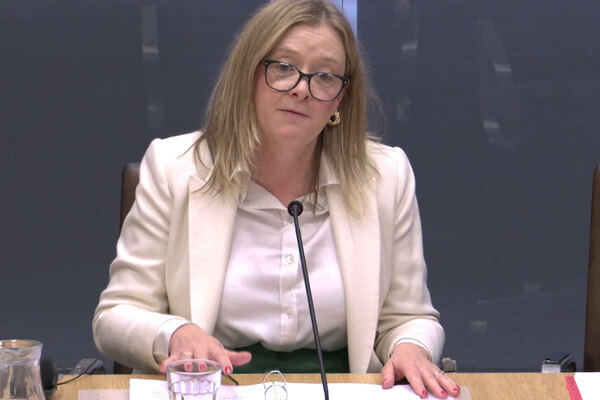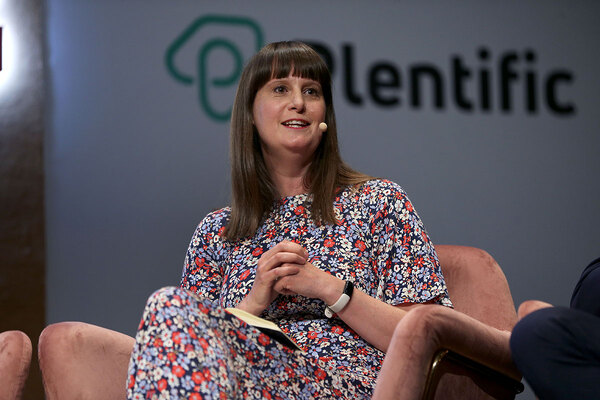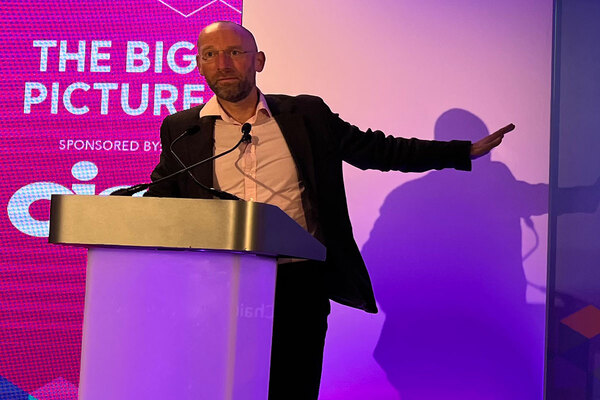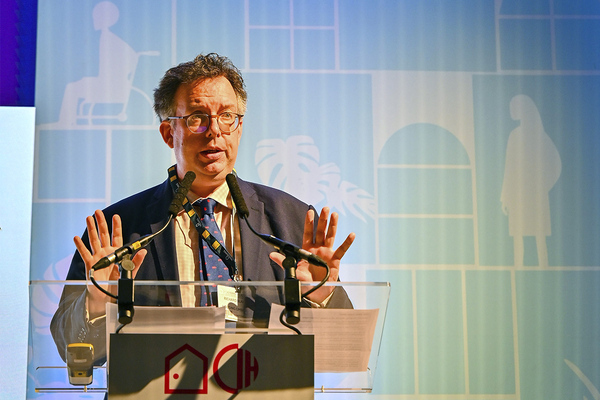You are viewing 1 of your 1 free articles
More than 30 social landlords call for targeted support for households at risk of energy hardship
The chief executives of 34 housing associations have called on the government to provide targeted support for low-income households to avoid energy hardship this winter.
The letter has been sent to two ministers within the Department for Energy Security and Net Zero (DESNZ) in the hope of securing support for the hundreds of thousands of low-income households who are expected to struggle to heat their homes again this winter.
Signatories to the letter include Riverside, Clarion, Places for People, L&Q, Peabody, all members of the G15 London landlords and members of the Homes for the North group.
In total, these landlords provide homes for more than 1.5 million households.
The letter reads: “We appreciate the support the government offered to our customers last winter through schemes such as the Energy Bill Relief Scheme (EBRS) and Energy Bill Support Scheme (EBSS).
“We further appreciate the government’s increased cost of living payments which will help millions of households this year.
“However, looking ahead, we are very concerned about the University of York’s analysis for the Child Poverty Action Group that an estimated 1.7 million households are living in fuel poverty and expected to miss out on the support available because they are not registered for benefits.
“Utility bills will remain unaffordable for many households this winter unless more is done. Experts have said that from the end of this year people would be paying roughly what they did last winter, because while prices are cheaper the £400 EBSS discount from the government would no longer be available.”
The press release on behalf of the signatories highlighted how a typical household will pay £2,074 a year for gas and electricity from July, just £426 a year less than currently, after the regulator cut the energy price cap for England, Scotland and Wales.
With the £400 EBSS discount now scrapped, many customers will end up paying roughly the same.
The call for support comes after the UK’s energy regulator announced last week that it was seeking views on plans for heat networks in the UK to be regulated by Ofgem for the first time.
Last year Riverside commissioned an independent survey of their customers’ experiences during the cost of living crisis.
Researchers found that almost two-thirds of Riverside customers were struggling to pay their energy bills.
In total, 63% of customers said they struggled to pay their electricity bill and 60% had difficulty paying their gas bill.
And crucially, 31% of customers said they were relying on the £400 government support through EBSS to cope with rising energy costs.
Additional research by Citizens Advice found that 3.2 million people were left without heat and light after running out of credit on their prepayment meter last year because they could not afford to top it up.
Consequently, they are also asking for the government to reopen the Energy Bill Support Scheme Alternative Funding, which aimed to reach people who had fallen through the gaps with energy support last winter – including an estimated 900,000 households without a direct relationship with an energy supplier.
Carol Matthews, group chief executive of Riverside, said: “Last winter was a winter of hardship for millions of households on lower incomes who struggled to pay their energy bills.
“The cost of the average energy bill is still expected to be 170% higher than the average energy bill for a British household in 2021. However, households could be saddled with even higher bills this year if we have a cold winter.
“To avert a similar financial crisis for households this year, myself and fellow housing association chief executives are calling on the government to work with Ofgem and energy suppliers to protect those who need it most this winter.”
In response, a spokesperson for DESNZ said: “We spent billions to protect families when prices rose over winter, covering nearly half a typical household’s energy bill – this includes more than £60m supporting over 140,000 households without a domestic electricity supplier.
“As costs start to fall with the new price cap kicking in, the Energy Price Guarantee will remain in place as a safety net through to April 2024 – with additional help targeted at the most vulnerable.
“The outlook for energy prices has improved significantly since the Autumn Statement, which is good news for households who have seen their energy bills come down.
“The government continues to monitor the situation and will keep options under review, including with respect to the most vulnerable households.”
Sign up for our daily newsletter
Already have an account? Click here to manage your newsletters
